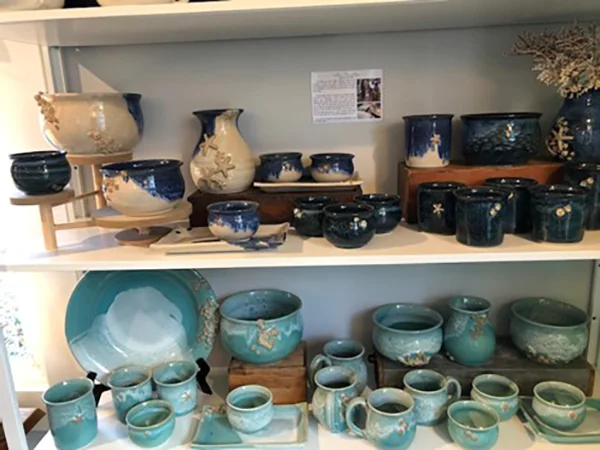Cape Cod, MA – For small business owners across Cape Cod, rising costs and economic uncertainty have become major challenges. But for some, the latest wave of tariffs on imported goods has added another layer of financial strain—one that many fear could threaten their survival.
One such business owner is Sarah Thompson, who runs a boutique home goods store in Hyannis. For years, she has imported handmade ceramics, textiles, and decor from overseas to stock her shop, The Coastal Collective. But with new tariffs driving up the cost of imports, Thompson says she is facing an impossible choice: raise prices on her customers or absorb the costs herself.
“It’s scary,” Thompson admitted in an interview. “We’re already dealing with inflation, high rent, and unpredictable tourism seasons. Now, these tariffs are eating into our already thin profit margins.”
Her story is not unique. Across the country, small businesses—particularly those reliant on imported goods—are grappling with the financial impact of tariffs. And in a seasonal economy like Cape Cod’s, where many shops depend on summer sales to sustain them through the quieter months, the stakes are even higher.
The Ripple Effect of Tariffs on Small Businesses
Tariffs, which are taxes imposed on imported goods, are often used as a tool in trade policy. While they can protect domestic industries, they also increase costs for businesses that rely on foreign products. For small retailers like Thompson, who lack the bulk purchasing power of larger chains, these added expenses can be devastating.
“Many of my products come from Europe and Asia,” Thompson explained. “With the new tariffs, my supplier costs have gone up nearly 15%. I can’t just pass that entire increase onto my customers—they’re feeling the pinch too.”
Instead, she has tried to absorb some of the costs, cutting back on inventory and reducing her own take-home pay. But she worries about how long she can sustain that approach.
“If this continues, I may have to stop carrying certain items altogether or raise prices in a way that drives customers away,” she said.
Local Economies at Risk
Cape Cod’s economy thrives on small businesses, from artisan shops to seafood markets. Many of these businesses operate on tight budgets, and unexpected cost increases can force tough decisions.
Mark Johnson, president of the Cape Cod Chamber of Commerce, says Thompson’s concerns are widespread.
“Small businesses are the backbone of our community,” Johnson said. “When tariffs make it harder for them to operate, it doesn’t just affect the owners—it impacts employees, local suppliers, and the overall economy.”
He noted that while some businesses may try to pivot to domestic suppliers, that isn’t always feasible.
“Not every product has a U.S.-made equivalent, and even when it does, the price difference isn’t always manageable,” Johnson explained. “For a small shop selling unique imported goods, switching suppliers isn’t a simple fix.”
Possible Solutions and Calls for Relief
Some business advocates are urging policymakers to consider exemptions or relief programs for small businesses affected by tariffs. Others suggest tax incentives or grants to help offset rising costs.
Thompson, meanwhile, is doing what many small business owners do—adapting as best she can. She has started sourcing some products locally where possible and is focusing on marketing to attract more customers. But she remains concerned about the long-term outlook.
“I love what I do, and I love serving this community,” she said. “But if costs keep rising, I don’t know how much longer I can keep the doors open.”
Her story highlights a growing challenge for small businesses nationwide. As trade policies evolve, the fate of many local shops may hinge on whether they can withstand the financial pressure—or whether relief will come in time.
For now, Thompson and other Cape Cod business owners are holding on, hoping for a break in the storm.
“We’re resilient,” she said. “But we could really use some help.”



